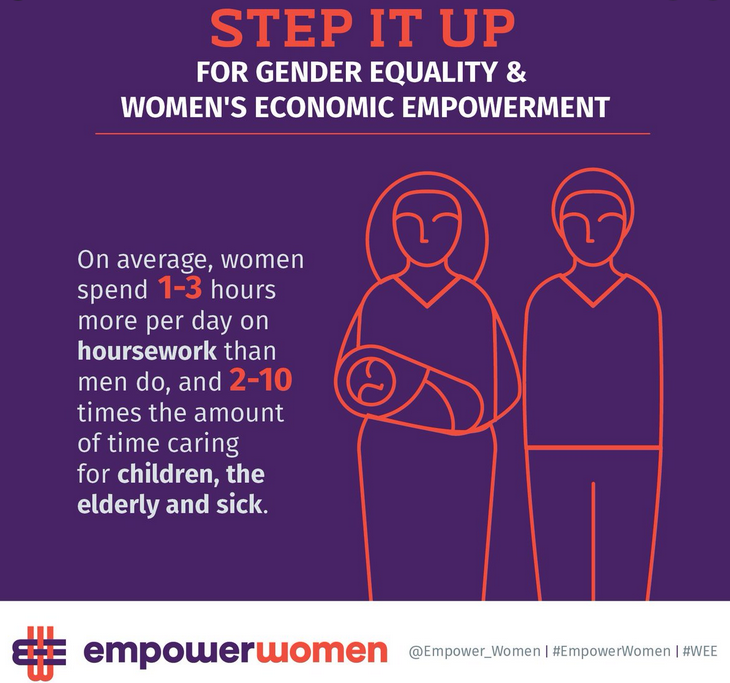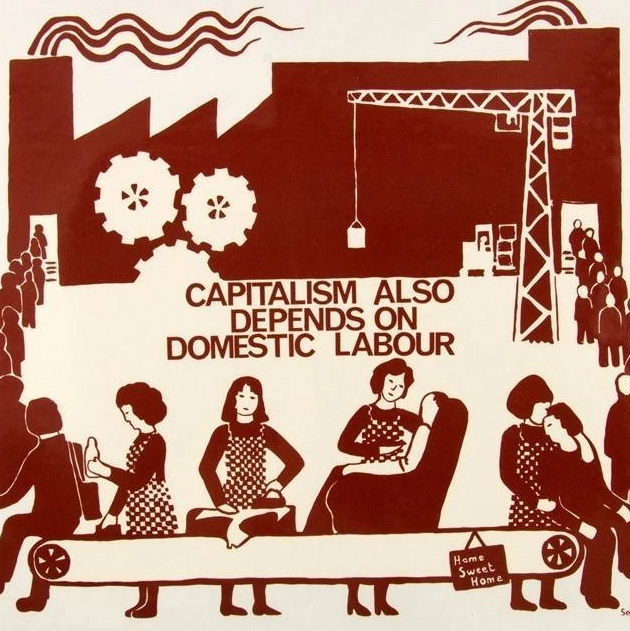AH, Baile Átha Cliath.
A review of The Second Shift: Working Parents and the Revolution at Home by Professor Arlie Hochschild.
“If women were treated in work the way they are treated at home, they would go to their union”.
– Tanya Felloni
The Second Shift is a sociological analysis of women’s role in marriages and relationships conducted over several years by Professor Arlie Russell Hochschild. While Professor Hochschild is a tenured professor at Berkeley University, she is also married and has two sons. The inspiration for this research and study stems from the personal experience of Professor Hochschild who, in the preface to the book outlines herself that “a moment occurred that crystallized the concern that drives this book”. This moment was when she took her child, David, with her to work. Her solution, as she identifies herself, was to re-integrate the family into the workplace, rather than accept that the two were separate and that the employer had no responsibility for the well-being of the family.
“One reason that half the lawyers, doctors, business people are not women is because men do not share the raising of their children and the caring of their homes”.
This is ultimately the central thrust of this study. It identifies that the development of capitalism has created a situation where we, collectively, as a class, have allowed the employer to walk away from any responsibility towards the working class and childcare. What the study does is identify that despite women entering the workforce at a hugely increased rate in the latter part of the 20th century, many, in fact most of them, also continue to do the bulk of homecare and childcare. The study refers to statistics that state that when a woman finishes an eight-hour workday, there are three extra hours of unpaid labour at home. It is worked out as an extra month a year of unpaid labour. The book then goes on to qualify that this work is extremely gendered and gives a breakdown of sample interviews where a couple were asked how homecare and childcare is divided. Only 20% of men interviewed did half of the work at home, 70% did more than a third but less than half and 10% did nothing.

“The long hours men decide to work and to recover from work are often from the untold stories, unthrown balls, and uncuddled children left behind at home”.
Further to that, the study identified that while women juggled work, homecare and childcare, men tended to juggle only work and childcare, evading the responsibilities of the home. This gave the illusion of help to the women in the home, but ultimately retained the gendered approach to homecare and left the burden of homecare on women.
“These women talked about sleep, the way a hungry person talks about food”.

What this study leads us to conclude is that there are several contradictions that need to be resolved before our Revolution triumphs.
The first contradiction is the one between labour and capital. The interests of capital have continued to dominate the workplace and the decline in union density as well as union collaboration have allowed this domination to happen. The end result is that despite women entering the workplace, there was no change in their contribution to the home and conception of domestic labour. The in-between (childcare) was privatized for those who could afford it and children were left at home unattended for those who could not. It’s too early to tell the exact manner in which this contradiction must be resolved, but a four-pronged approach by industrial organisers and subsequent pressure on employers has to take place. Trade Unions have to engage in a programme of intense political education, predominantly among their male membership as to the division of labour at home. The Union movement must become more feminist and more in tune with the precarious imbalance of work.

If the Union movement, in Ireland or abroad, can develop a functioning programme that changes the lives of their existing members, then another advance can take place against employers. We have to be discussing the mandatory provision of childcare by employers big and small as a minimal demand in a capitalist society and the provision of universal childcare in a socialist society, where all wealth is socialized.

